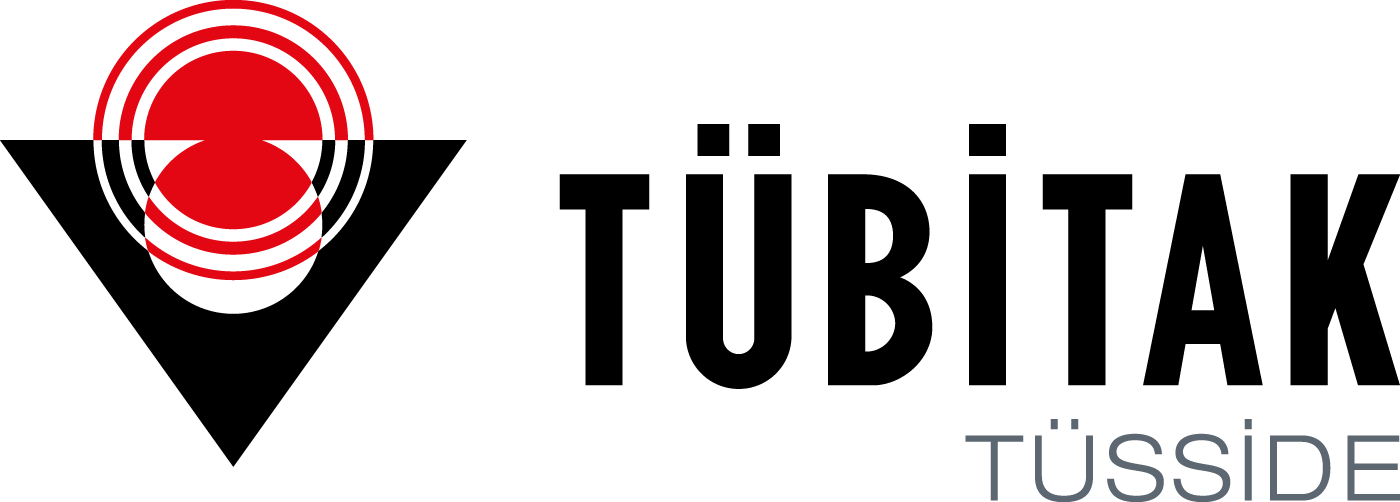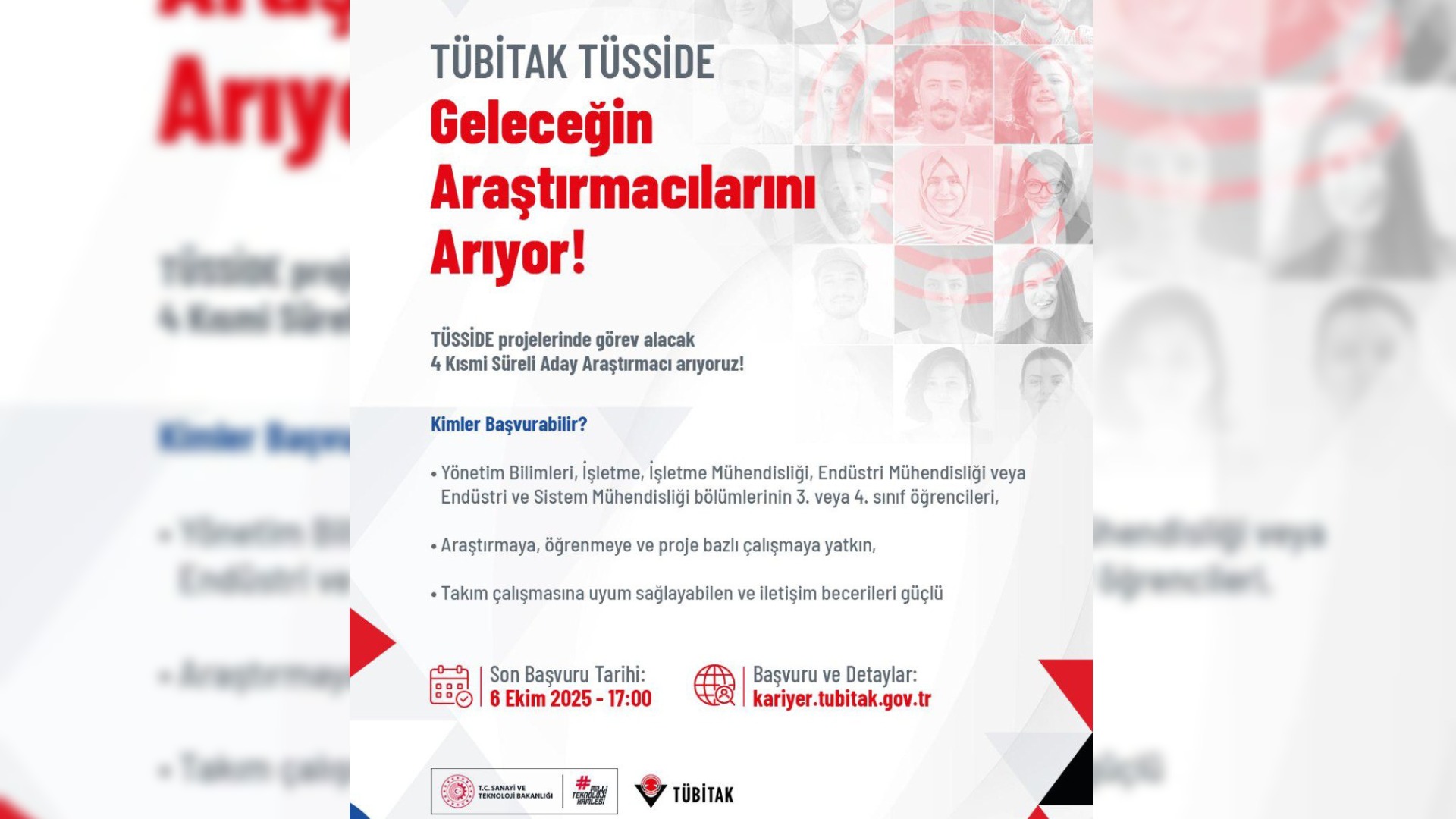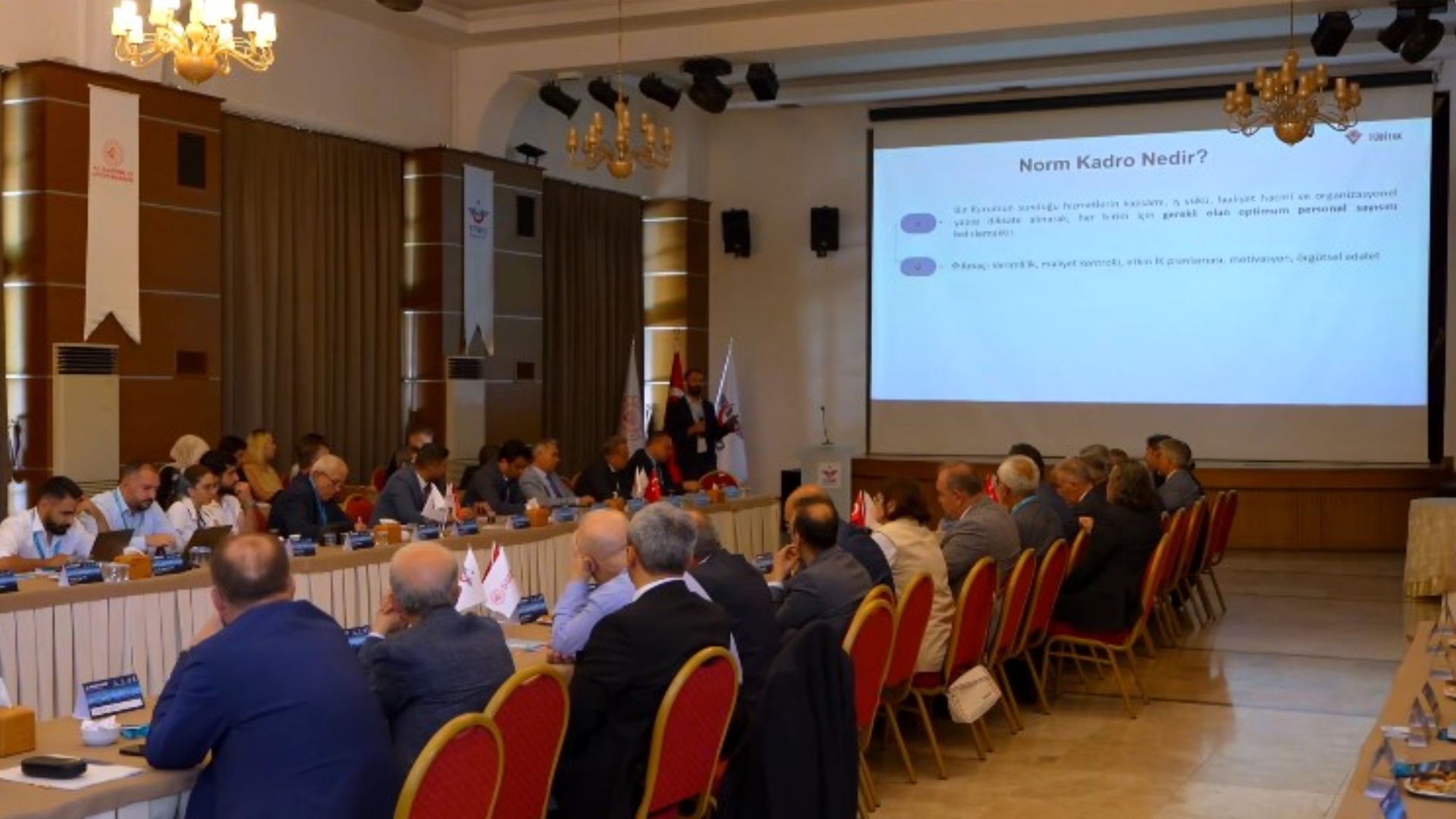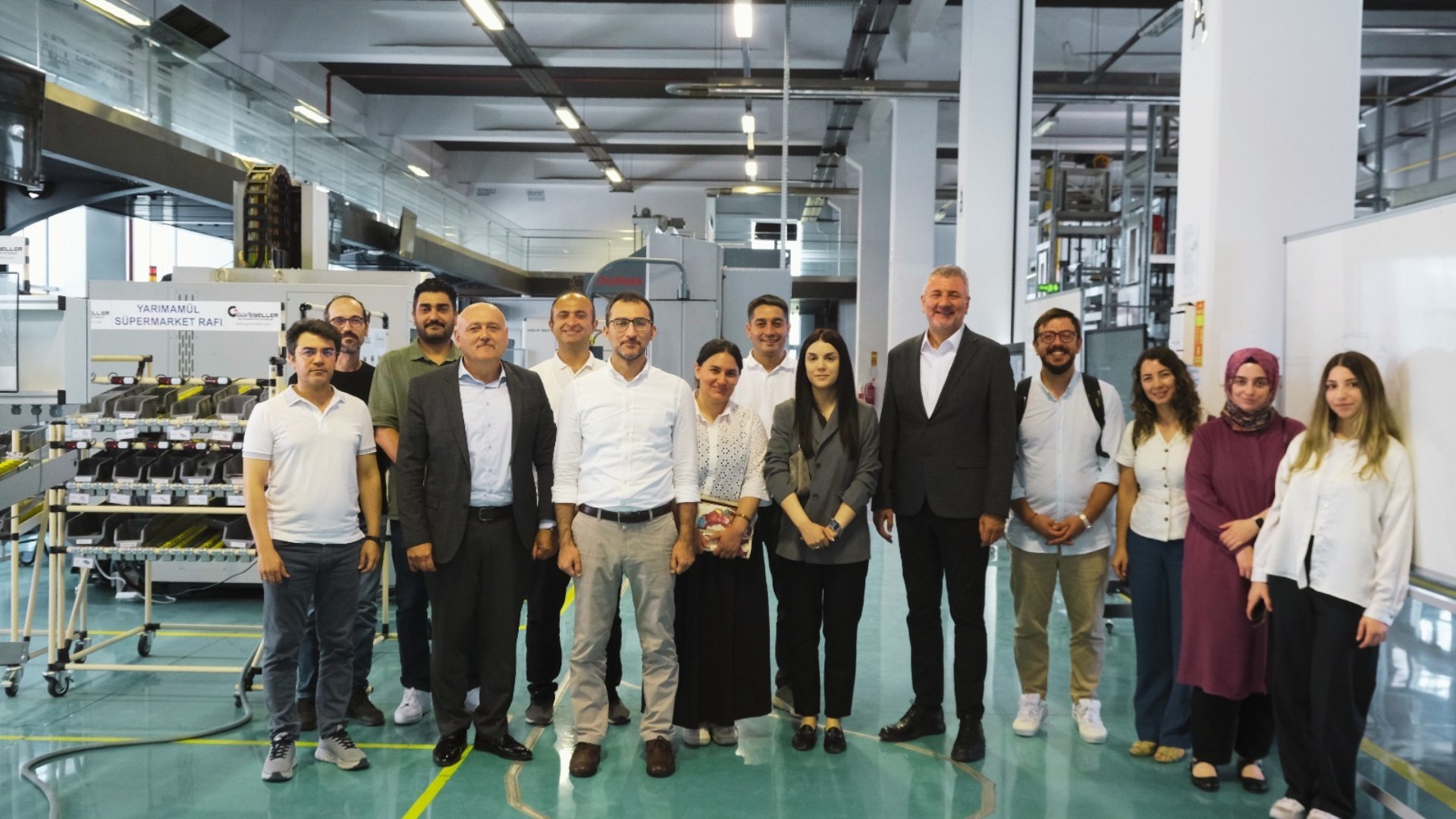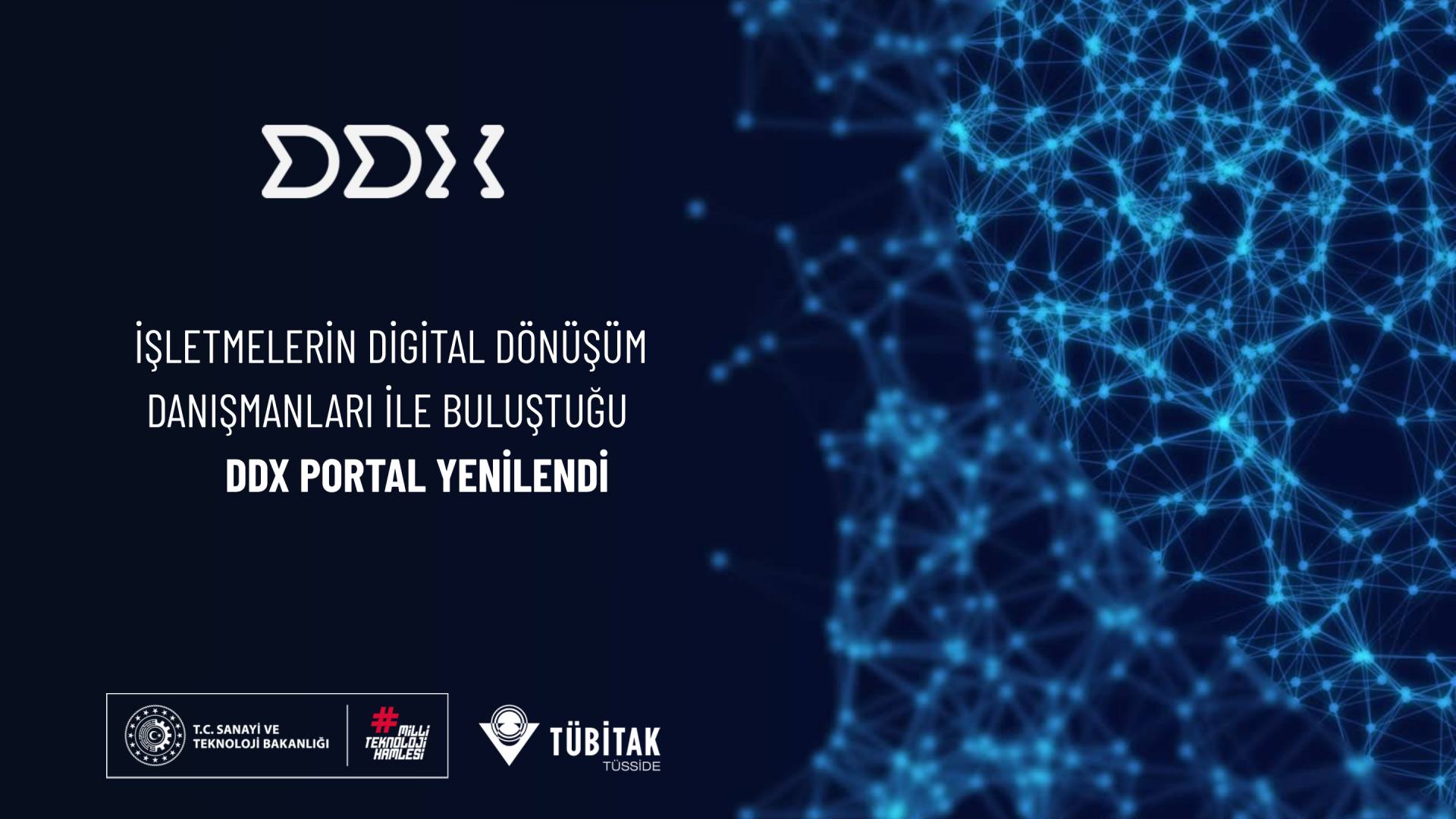Within the scope of the DOKAP Entrepreneurship and Innovation Research Project, technical visits to the Catalonia and Basque regions of Spain between 22 May and 26 May were completed in order to see good practice examples in the project work packages. The data obtained from these visits to Spain's leading research and technology centers will help to create strategies for the actors in the innovation and entrepreneurship ecosystem, especially Organized Industrial Zones, Business Development Centers, Technology Development Zones, Technology Transfer Offices and clusters in the DOKAP Region. It will provide input to the design of the support system. In addition to DOKAP President Ekrem Yüce and the project team, Samsun 19 Mayıs University Vice Rector Mehmet Kuran and Samsun Technopark Manager Buğra Çolak also participated in the visits.
On the first day of the program, PRUAB, the research center of the Autonomous University of Barcelona (UAB), one of the best universities in the Catalunya region, Synchrotron, one of the largest industrial parks in Europe, and EURECAT, one of the leading technology centers of the region, were visited and information was received from the institution officials and opinions were exchanged on various issues. .
On the second day of the program, in the afternoon, PARC UPC, the research center of the Polytechnic University of Catalunya, and the Robotics and Industrial Informatics Institute (IRI) within the university, as well as the incubation center and accelerator located in the campus of TecnoCampus in Mataro, designed for university-industry cooperation, were visited. In the afternoon, we went to the city of Terrassa and visited the AEI Textils textile technologies cluster located in the LEITAT technology center. This textile cluster, which has the Bronze Clustering Excellence Award, was visited and information was collected about the textile/ready-to-wear cluster to be feasibly feasible in the DOKAP Region, cluster strategies and cooperation processes between members were examined, and opinions were exchanged on the issues to be considered in cluster formation. During this visit, LEITAT technology center authorities also promoted the technology centers.
Field visits continued on Thursday and Friday with meetings with leading science technology centers, regional development organizations and clusters in the cities of Alaba, San Sebastian and Bilbao in the Basque region. Within the scope of the program in the Basque region, on the first day, Alava Incubation Center (BIC Alava) and Alava Technology Park were visited, the innovation system of the Basque region, the impact of the incubation center and start-up companies on the innovation ecosystem and regional development in the region, the death valley where startups have the most difficulty. The supports and services provided to help them pass the stage called ) were examined. In addition, information was obtained regarding the location selection criteria of technological structures, future strategies and growth plans, and possible collaborations were evaluated.
On the second day of the program in the Basque region, meetings were held with officials from the Basque Economic Development Agency (SPRI), Bilbao City Council, Bilbao Innovation Factory (Bilbao Berrikuntza Faktoria) and GAIA Electronics and Information Technologies Cluster; Regarding internationalization, entrepreneurship, innovation and technology, strategic projects and initiatives, infrastructure and financial supports and services implemented by the SPRI regional development agency of the Basque Local Government in the economic development of the region and increasing the gross national product, and how to start from scratch after the crisis experienced by the city of Bilbao Information was received that it was redeveloping in a planned manner. In addition, during the visit to the European Foundation for Quality Management (EFQM) Model silver certified GAIA cluster, the cluster's contributions to the digital transformation and development of the region, as well as the activities carried out and services offered within the cluster, were examined.
During the meetings, TÜBİTAK TÜSSİDE and DOKAP officials made presentations introducing both their institutions and the DOKAP Entrepreneurship and Innovation Research Project, as well as engaged in various promotional activities to raise awareness about our country.

